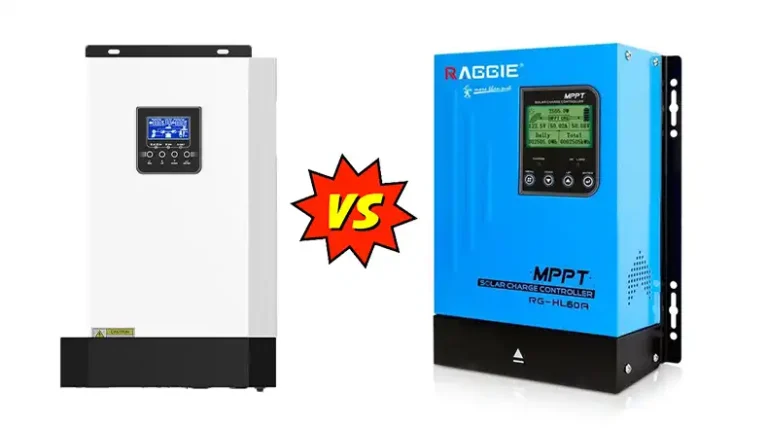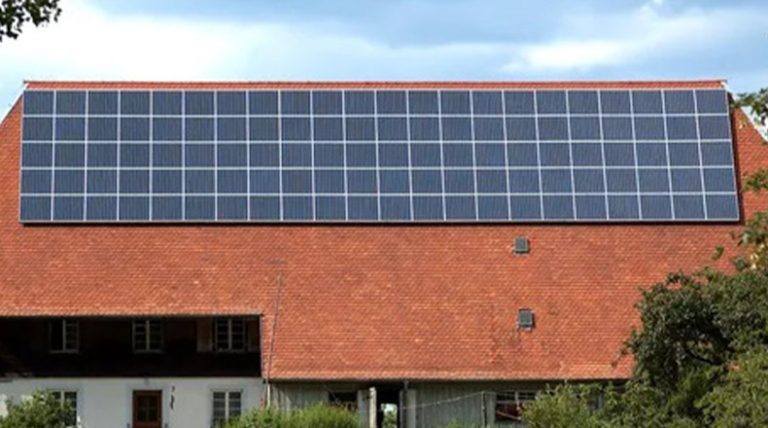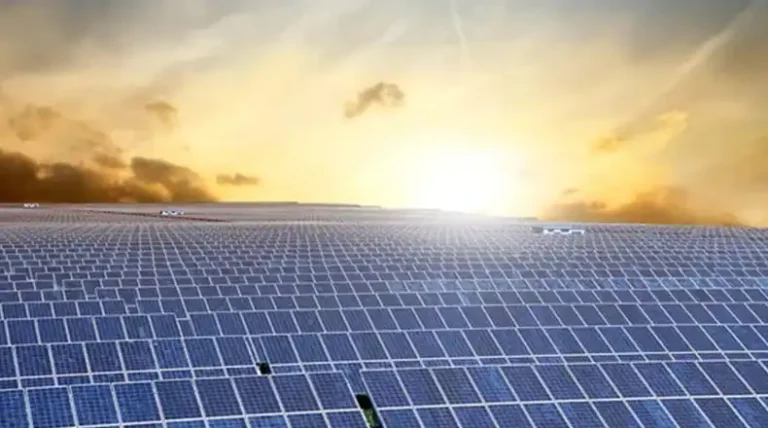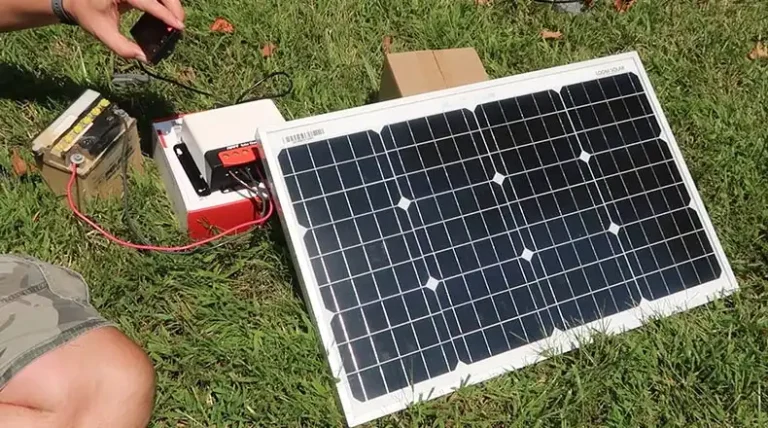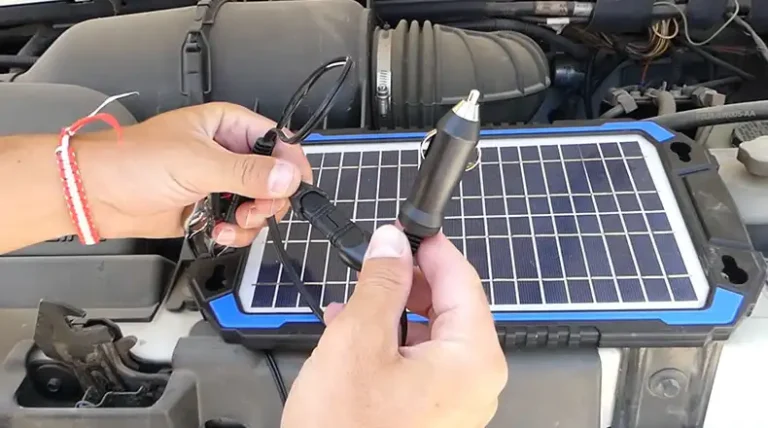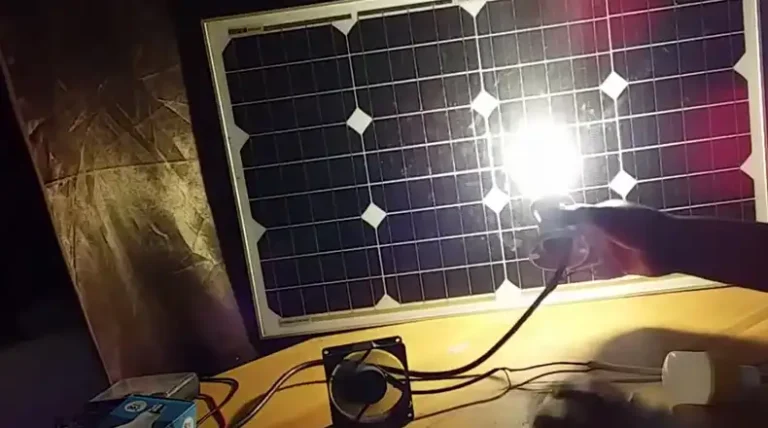Can a Solar Generator Power a Space Heater?
The short answer is yes, solar generators can provide power to run space heaters under the right conditions. But how exactly is this achieved? Let’s take a deeper look at whether solar power can realistically handle the electric demands of space heating.
Space heaters are an appealing way to warm specific rooms or areas without cranking up the central heat. However, they require a considerable amount of electric power, often 1500 watts or more. At first glance, it may seem doubtful that a solar generator has enough capacity to handle a space heater’s energy needs.
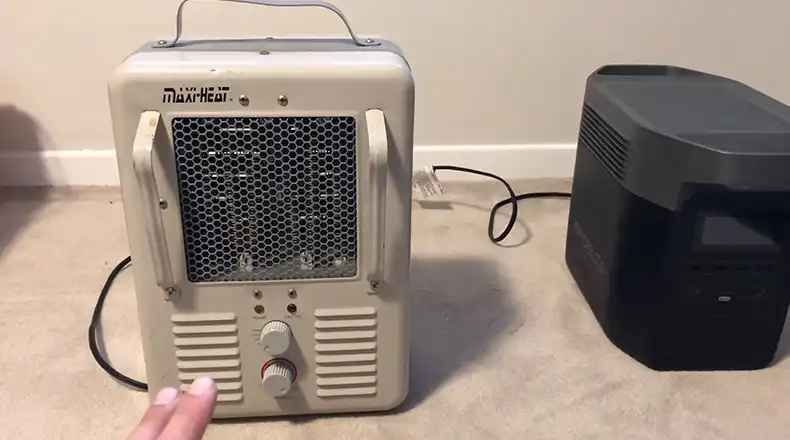
Is It Possible to Power a Space Heater with a Solar Generator?
Well, yes, but only if you have a powerful enough solar generator to meet the high wattage demands of space heaters. While a typical 1,500 to 2,000-watt space heater can be operated with a 2,000-watt solar generator, running other appliances simultaneously will be difficult. A solar generator with a capacity below 2,000 watts may not be able to keep up with the electricity demand created by operating a space heater on its own.
Why It Seems Challenging?
The difficulty in powering a space heater with a solar generator stems from the high power consumption of space heaters. Space heaters are notorious for drawing a lot of electricity, which can quickly drain a solar generator’s battery. This is why it is crucial to select a solar generator with a wattage that can handle the specific space heater you intend to use.
Solar Generator Requirements for Space Heaters
Space heaters have high power demands, typically pulling 1500 watts or more on their highest heat settings. This requires a sizable solar generator with the following capacities:
High Power Output:
- Continuous Power Output: This refers to the amount of power a solar generator can continuously deliver without overloading. For running a space heater, you should look for a generator with a continuous power output of 2,000 watts or higher. This will provide a buffer over the maximum wattage of most space heaters, ensuring smooth operation and preventing damage to the generator.
- Pure Sine Wave AC Output: This type of AC power provides a smoother and cleaner waveform compared to modified sine wave AC output. Pure sine wave output is preferred for sensitive electronics, such as space heaters, as it can prevent flickering lights, humming noises, and potential damage to the appliance.
Substantial Battery Capacity:
Battery Capacity: This refers to the amount of solar energy a solar generator can store in its batteries. To power a space heater for several hours on battery power alone, you should choose a solar generator with a battery capacity of 2,000Wh or more. This will ensure that you have enough power to keep the heater running even when there is no sunlight available.
Deep Cycle Lithium Batteries: These types of batteries are specifically designed for deep discharges and recharges, making them ideal for solar generators. They offer longer lifespans and better performance compared to traditional lead-acid batteries.
Fast Charging Capabilities:
- AC Charging Speed: Solar recharging alone may not be able to keep up with the power consumption of a running space heater. Therefore, it is important to choose a solar generator with fast AC charging capabilities. This will allow you to quickly replenish the batteries using a wall outlet when necessary.
Top Solar Generator Picks for Space Heaters
Here are some recommended solar generator models capable of safely handling space heater loads based on their power specs:
- Jackery 2000 Pro – With 2200 watts AC output, 2160Wh capacity, and diverse recharging options, it’s one of the top choices for powering medium-sized portable heaters.
- Bluetti AC200MAX – This model offers 1800-watt AC output, 2048Wh battery capacity, and very fast 500W solar recharging capabilities.
- EcoFlow Delta Pro – One of the most robust options, it boasts 3400W AC output, 3600Wh capacity, and dual AC charging functionality.
Always check your space heater’s wattage rating and electrical requirements to ensure compatibility with your solar generator. Using the proper cables and not overloading the solar generator’s capacity is critical for safe operation.
Safety Concern When Connecting the Space Heater
As with any high-draw electrical device, safety is paramount when connecting a space heater to a solar generator. Be sure to:
- Rated Wattage: This refers to the maximum power output that a solar generator can safely handle. Exceeding the rated wattage can overload the generator, leading to damage or potential fire hazards. Always check the rated wattage of your solar generator before connecting any appliances, including space heaters.
- Overload Protection: Most solar generators have built-in overload protection mechanisms that will automatically shut off the generator if it detects an overload condition. However, it is still important to adhere to the rated wattage to prevent damage and ensure the safety of your equipment.
- Flammable Materials: Space heaters and solar generators generate heat, which can pose a fire risk if placed near flammable materials. Maintain a safe clearance between the heater and generator, and avoid storing flammable materials such as curtains, clothing, or papers nearby.
- Ventilation: Ensure that the space heater and solar generator have adequate ventilation to prevent overheating and potential fire hazards. Do not operate the generator in confined spaces or block its vents.
- Ground Fault Circuit Interrupter (GFCI): GFCI outlets are designed to protect against electrical shocks by detecting and rapidly shutting off power if there is a ground fault. When using a solar generator indoors, it is strongly recommended to use GFCI outlets to prevent electrical hazards, especially in areas with potential water exposure, such as bathrooms or kitchens.
- Cable Inspection: Before using your solar generator, carefully inspect the power cables for any signs of damage, such as frayed wires, cracks, or loose connections. Damaged cables can pose electrical hazards and should be replaced immediately.
- Tripping Hazards: Arrange the power cables neatly and securely to prevent tripping hazards. Avoid placing cables in high-traffic areas or walkways to prevent accidental damage or tripping incidents.
Using the Space Heater Efficiently
Once set up, follow these tips to optimize your solar generator’s power supply when using a space heater:
- Use a Lower Fan Setting:
Space heaters often have multiple fan settings that control the speed and force of the airflow. For efficient power consumption, use a lower fan setting when possible. This will reduce the amount of electricity drawn by the heater, allowing the solar generator to last longer.
- Supplement Solar Charging with AC Grid or Generator Charging:
Solar generators may not always generate enough power to keep up with the demand of a space heater. In such cases, it is advisable to supplement solar charging with AC grid or generator charging. This will ensure that the generator’s batteries have enough power to operate the heater even when there is limited sunlight.
- Choose Propane or Ceramic Heaters:
Propane Heaters: Propane heaters are more energy efficient than electric space heaters, as they convert propane gas directly into heat without the need for electricity.
Ceramic Heaters: Ceramic heaters use ceramic plates to generate heat, which is then distributed through convection or fan-forced air. They are more efficient than electric resistance heaters, which convert electricity directly into heat.
- Insulate the Area:
Improving the insulation of the area where you are using the space heater can significantly reduce heat loss and conserve energy. Seal up drafts, add insulation to walls and ceilings, and use weather stripping around windows and doors to prevent heat from escaping.
- Position the Heater Strategically:
Instead of heating the entire room, position the space heater closer to where you are sitting or working. This will focus the heat on the area you need it most, reducing the amount of energy required to heat the entire space.
With the right solar generator and setup, you can stay warm even without the electrical grid using renewable solar energy. Just ensure your solar generator has ample capacity and power output to handle space heater loads.
End Notes
With the right solar generator selection and setup considerations in mind, it is definitely possible to successfully and safely run a space heater using stored solar energy. This provides an eco-friendly way to heat indoor spaces off the grid. Just be sure to match the solar generator power and capacity to the heater, and follow all safety guidelines. Then you can stay warmed by the sun!

